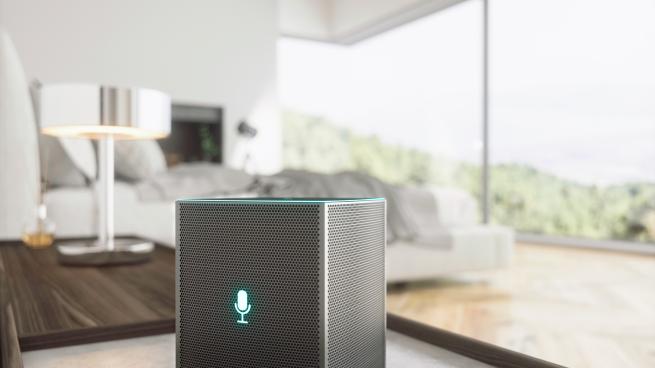The use of voice assistants, such as Amazon’s Alexa and Google Assistant, is becoming increasingly popular in hotel rooms. These voice-activated devices are transforming the guest experience, offering a convenient and efficient way for guests to control room amenities and access hotel services. In this article, we will explore the impact of voice assistants in hotel rooms and how it impacts hotel bookings.
Voice Assistants in Hotel Rooms
Voice assistants allow guests to use voice commands to control room amenities, such as the lights, TV, and thermostat. They can also provide guests with information about hotel services, local attractions, and recommendations on where to eat and shop. Voice assistants can enhance the guest experience, providing a convenient and intuitive way for guests to interact with their room and the hotel.
The use of voice assistants can also help hotels to streamline operations and reduce costs. For example, hotels can use voice assistants to automate routine tasks, such as room service orders and housekeeping requests. This can free up hotel staff to focus on more personalized services and improve overall customer satisfaction.
Impact on Hotel Bookings
The use of voice assistants in hotel rooms can have a significant impact on hotel bookings. Guests are increasingly expecting a seamless and personalized experience, and voice assistants can help hotels meet those expectations. In a survey conducted by Oracle, 80% of respondents said they would like to use a voice assistant to request hotel services, highlighting the potential for increased bookings and revenue for hotels.
Voice assistants can also improve customer satisfaction, leading to positive reviews and recommendations. Positive reviews and recommendations can attract potential customers and drive bookings, while negative reviews can have the opposite effect.
Furthermore, the use of voice assistants can provide hotels with valuable data on guest preferences and behaviors. Hotels can use this data to personalize guest experiences and offer tailored recommendations, leading to increased loyalty and repeat bookings.
Challenges and Considerations
The use of voice assistants in hotel rooms is not without its challenges and considerations. One of the main concerns is privacy and security, as guests may be hesitant to use voice assistants if they perceive a risk to their privacy or data security. Hotels must ensure that their voice assistant systems are secure and comply with data protection laws.
Another challenge is ensuring that the voice assistants are accessible and user-friendly for all guests, including those with disabilities or language barriers. Hotels must consider how they can ensure that voice assistants are inclusive and accessible to all guests.
Finally, hotels must consider the cost of implementing voice assistant systems, including the hardware, software, and training costs. While voice assistants can provide significant benefits, hotels must ensure that the costs are manageable and that they are getting a return on their investment.
Conclusion
The use of voice assistants in hotel rooms is a growing trend, offering a convenient and efficient way for guests to interact with their room and the hotel. Voice assistants can enhance the guest experience, improve customer satisfaction, and provide hotels with valuable data on guest preferences and behaviors. While there are challenges and considerations, the benefits of voice assistants in hotel rooms cannot be underestimated, and hotels that adopt this technology can gain a competitive advantage and increase bookings and revenue.


0 Comment